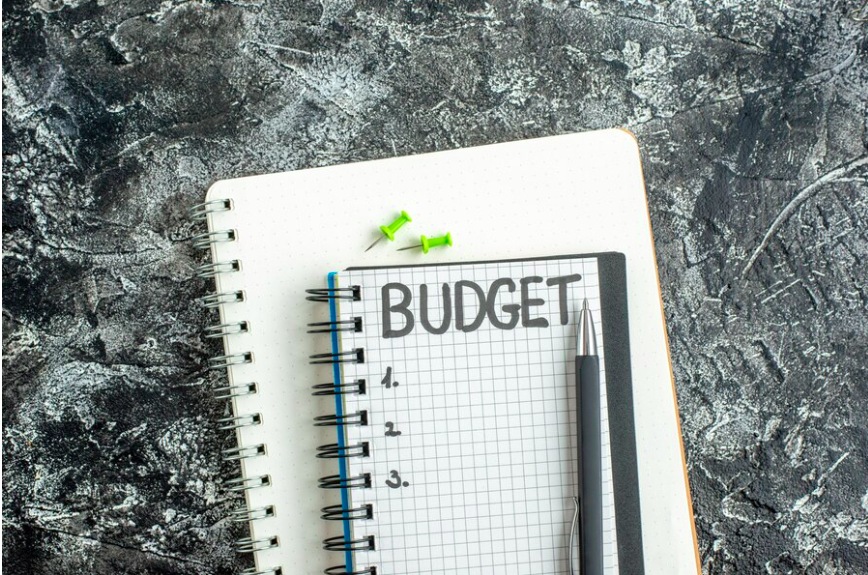last Updated on October 5, 2023
Saving money is a superpower, especially in a country like Nigeria, where the cost of living can sometimes feel like a never-ending uphill battle. It’s not just about stashing away a few Naira here and there; it’s about how to create a financial strategy to weather the country’s economic storms. This is why it’s important to effectively learn how to save money in Nigeria.
Whether you’re learning financial responsibility as a student or navigating the salary-to-savings balance as a professional, this article will show you some of the best ways to start saving money in Nigeria.
1. Make Your Rent Manageable


To begin, let’s address your rent. It’s important that it only consumes a little of your income. As a general guideline, keep your rent below three months’ worth of your salary. This way, you’ll have more financial flexibility and the ability not just to survive but also thrive.
Keeping your rent within this limit prevents the terrifying cycle of debt. High rents can often lead to a financial squeeze that’s hard to escape. Affordable rent equals financial stability.
Another hack for making your rent manageable is saving in dollars instead of Naira. When you save money from your salary in dollars, it can help you tackle the inflation that the Naira is currently facing.
2. Open a Designated Savings Account in Dollars


Protecting your wealth in Nigeria is crucial as the Naira is volatile and heavily influenced by global oil prices. As the Naira’s value continues to slide, it’s essential to consider saving money in a more stable currency like the US Dollar.
Why save in Dollars? Because as the Naira depreciates, the Dollar retains its value. This makes it a superior store of wealth, protecting your hard-earned money from inflation’s erosion. You can save in dollars in Nigeria securely using apps like Sats App and Piggyvest.
3. Create a Detailed Budget


If you are a student or employed in Nigeria, it is essential to become proficient in saving money and keeping track of your expenses. Begin by creating a budget that outlines your monthly payments. Determine which costs are not essential and reduce them. This habit will enable you to allocate more towards your savings objectives.
If you want to be able to save money in Nigeria and be financially disciplined, then having a budget is a necessity.
4. Budget for Your ‘Black Tax’ aka Billing


In Nigeria, supporting your family and community is a deeply ingrained tradition. While this is admirable, it’s crucial to establish a budget for these commitments. Allocate a specific amount for charitable donations and volunteer work, and stick to it. Remember, maintaining your financial health through saving is equally important as helping or giving to others.
This tip is significant for those who want to consistently save money from salary in Nigeria.
5. Entertainment on a Budget


Entertainment can be expensive, especially in bustling cities like Lagos, Abuja, or PH. Create a monthly or weekly entertainment budget that aligns with your income, saving goals, and other expenses. Stick to it, even if it means passing up some outings. Seek free or low-cost activities and events in your area to enjoy without emptying your wallet.
Creating an entertainment budget goes a long way in helping you save money in Nigeria, whether you’re a salary earner or a student.
6. Opt for Home-Cooked Meals


Eating out frequently can drain your budget quickly. Preparing meals at home is not only cost-effective but also allows you to control what you eat. Buying groceries in bulk can save money and prevent impulsive spending as well. Here are some breakfast and lunch ideas in Nigeria you can try.


Leave a Reply